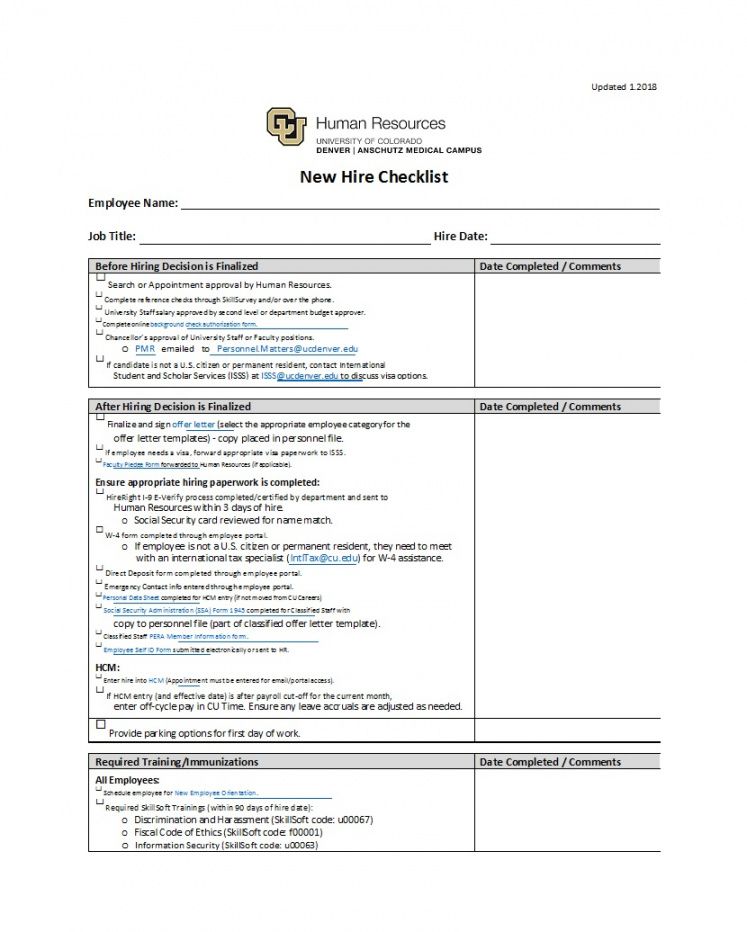Essential Paperwork Agents Must Submit to Brokers

The world of real estate can be as exciting as it is intricate, with a significant amount of paperwork involved at every stage. For real estate agents, ensuring that all the necessary documents are correctly compiled and submitted to brokers is not just a part of the job; it's a critical element that determines the smooth operation and legality of each transaction. This detailed guide will walk you through the essential paperwork agents must submit to brokers, why these documents are important, and how to handle them efficiently.
Why Paperwork Matters in Real Estate

Real estate transactions involve considerable financial commitments, property rights, and legal obligations. Here are some reasons why meticulous documentation is crucial:
- Legal Compliance: Each state has specific laws and regulations that must be followed to conduct legal real estate business.
- Transparency: Properly maintained documentation provides a clear record of transactions, protecting all parties involved.
- Conflict Resolution: Should disputes arise, well-documented paperwork can be instrumental in resolving conflicts.
Documents Required by Real Estate Brokers

Here is a comprehensive list of documents that agents typically need to submit:
1. License and Certification

An agent’s license is the primary document proving their legal eligibility to practice real estate. This must be:
- Current: Ensure your license is not expired or about to expire.
- State-specific: Different states have different requirements for real estate licenses.
- Displayable: Many offices will require a physical or digital copy of the license to be visible.
2. Employment Agreement

This document formalizes the relationship between the agent and the brokerage. Key elements include:
- Terms of employment
- Commission structure
- Office policy
- Non-compete clauses
3. Independent Contractor Agreement

For agents working on a commission-only basis, this agreement is vital to establish:
- Status as an independent contractor, not an employee
- Compensation details
- Expense handling
4. Errors and Omissions (E&O) Insurance

This insurance protects agents from potential claims arising from errors, omissions, or negligence. While not always required, it’s beneficial:
- To mitigate risks in transactions
- Offers legal defense against lawsuits
5. Listing Agreements

These are signed contracts with property owners to sell or lease their properties:
- Exclusive Right to Sell: Broker is entitled to compensation regardless of who finds the buyer.
- Exclusive Agency: Broker is compensated only if they or another agent in the same office secures the buyer.
- Open Listings: Property owners retain the right to sell the property on their own without compensating the broker.
6. Buyer Representation Agreements

This agreement outlines the relationship with the buyer, detailing:
- Representation period
- Broker’s duties
- Compensation
7. Purchase Agreements

These documents are critical once an offer is accepted:
- Details of the offer
- Terms and conditions of sale
- Closing date
8. Disclosure Forms

Required to inform buyers of any known defects or conditions of the property:
- Lead Paint Disclosure
- Property Condition Disclosure
- Seller’s Disclosure
9. Offer to Purchase and Counteroffers

Documentation tracking all offers, counteroffers, and any additional negotiations:
- Initial Offer
- Amendments
- Acceptance and Rejection Letters
10. Closing Documents

These include:
- Settlement Statement
- Deed Transfer Documents
- Proof of Insurance
- Loan Payoff Statements
Organizing and Submitting Paperwork

The process of organizing and submitting paperwork can be broken down into the following steps:
- Gathering: Collect all necessary documents.
- Verification: Ensure all documents are complete and correct.
- Compliance Check: Review documents for compliance with local laws and brokerage policies.
- Submission: Submit documents timely either in hard copy or electronically.
📌 Note: Always keep copies of all documents for your records. This is crucial for reference, audits, or in case of legal issues.
Using Technology for Efficient Document Management

Modern tools can streamline the process of managing real estate paperwork:
- Document Management Systems (DMS): Centralize all documents for easy retrieval and organization.
- Electronic Signatures: Tools like DocuSign or Adobe Sign speed up contract signing processes.
- CRMs: Customer Relationship Management systems track client interactions and document progress.
By implementing these technologies, agents can reduce errors, save time, and maintain an organized, compliant workflow.
Concluding Remarks

The proper submission of paperwork to brokers is fundamental for maintaining the smooth, legal, and efficient operation of real estate activities. This task involves understanding the documents’ importance, ensuring compliance, and leveraging technology to streamline processes. Remember, meticulous documentation not only fulfills legal requirements but also builds trust with clients and facilitates problem resolution should disputes arise. By following these guidelines, real estate agents can handle the paperwork with ease, ensuring each transaction progresses smoothly towards closure.
Why is an Errors and Omissions (E&O) Insurance necessary for real estate agents?
+E&O Insurance protects agents from legal claims arising from errors, omissions, or negligence in their professional activities, providing both financial protection and legal defense.
What happens if an agent fails to submit a document on time?
+Failing to submit documents on time can lead to delays in transaction closure, legal issues, or even cancellation of deals by clients. It might also affect an agent’s relationship with their broker and their professional standing.
How can technology assist real estate agents in managing paperwork?
+Technology like Document Management Systems (DMS) centralizes document storage, Electronic Signatures speed up contract processes, and Customer Relationship Management (CRM) systems track client interactions and document status, all of which enhance efficiency and compliance.